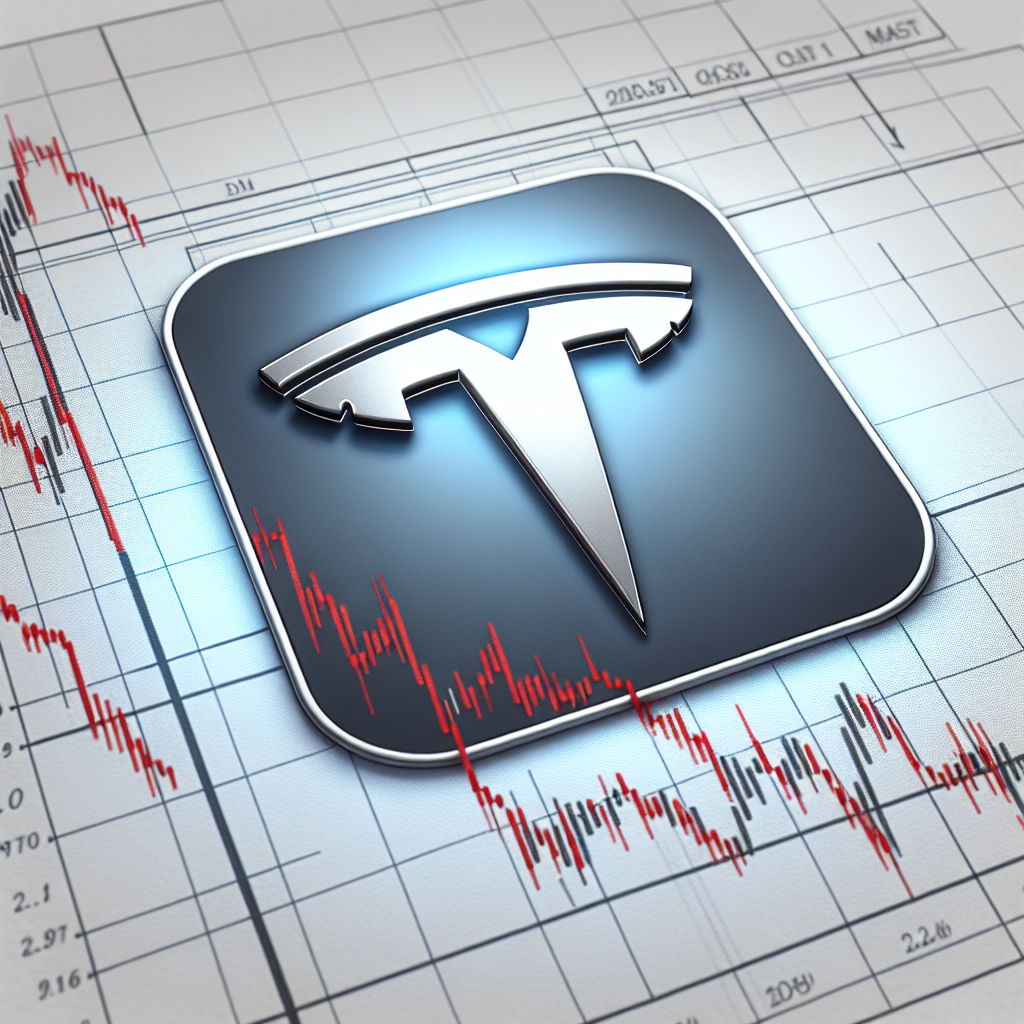Tesla’s stock is plummeting after UBS Group downgraded the shares, citing concerns that they have risen “too much, too soon” without any substantial payoff from the company’s focus on artificial intelligence.
Though Tesla is mainly known for its electric vehicles, analysts have been attributing significant value to its AI initiatives and other technologies, such as Optimus robots, the Dojo supercomputer, and a potential fleet of self-driving robotaxis. For instance, Ark Investment Management has projected Tesla’s worth to reach $2,600 per share by 2029, with 90% of its value derived from robotaxis.
Such projections, however, depend on continued investor confidence in Tesla and its CEO, Elon Musk, who has faced some controversy over launching his AI startup xAI. Musk has stated that he wants to hold at least 25% control of Tesla before moving forward with AI plans, owning currently around 13% of the company’s shares. Tesla is also contesting Musk’s 2018 compensation package in court, a decision that could increase his ownership to 20.5%.
“While Tesla is heavily investing in AI and the technology is progressing, the investment is costly, the pace of improvement may slow, and the payoff is long term,” stated UBS analysts led by Joseph Spak in a note to investors on Thursday. “If market enthusiasm for AI diminishes, this may impact Tesla’s multiple.”
On Thursday, UBS downgraded its position on Tesla from neutral to sell while raising its price target to $197 per share from $147 per share. UBS noted that they would need to see “an even larger opportunity” than what is currently presented to justify a buy rating.
Tesla’s stock dropped more than 2% in pre-market trading on Friday after an over 8% decline on Thursday. This ended Tesla’s 11-day streak of gains following the announcement that the unveiling of Musk’s promised robotaxi would be delayed by two months to October, a decision aimed at giving project teams additional time to build prototypes.
In the past month, Tesla’s stock has surged more than 33%, recovering much of the loss it experienced earlier in the year due to poor first-quarter sales and widespread layoffs.
